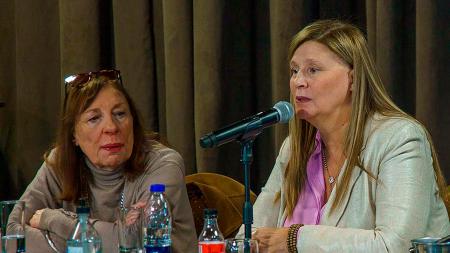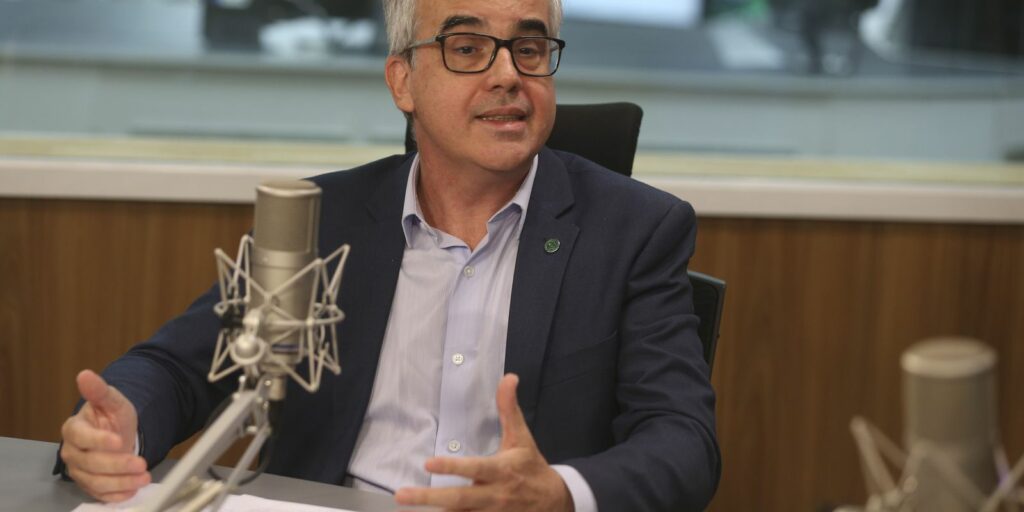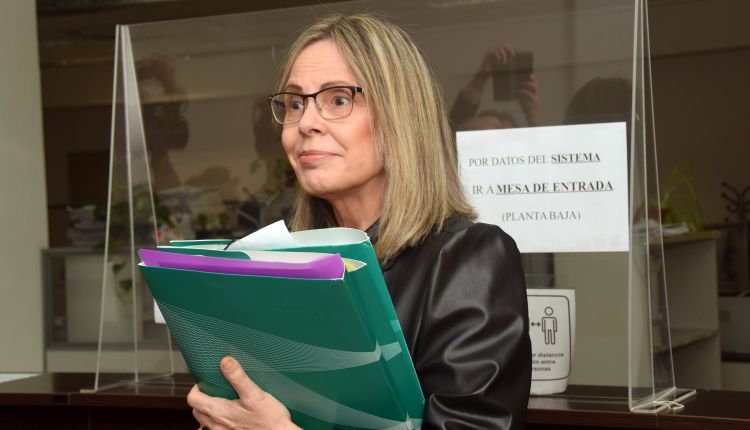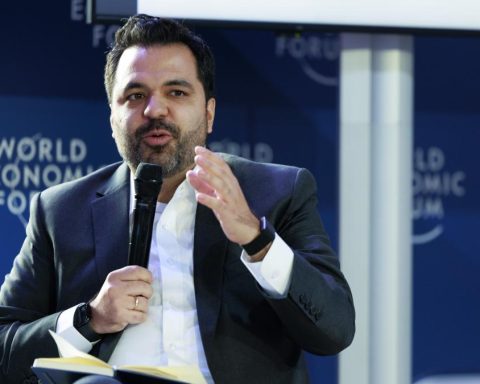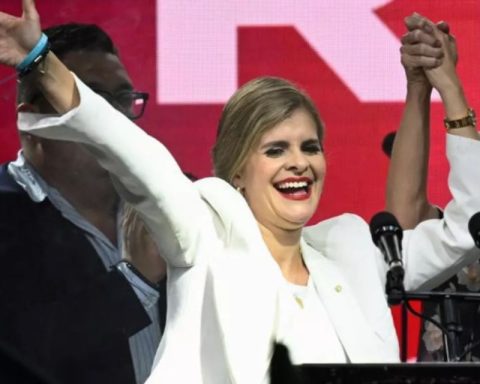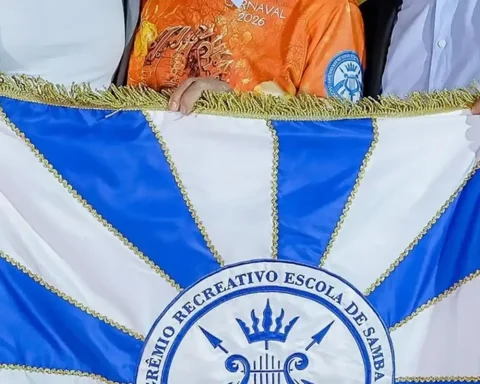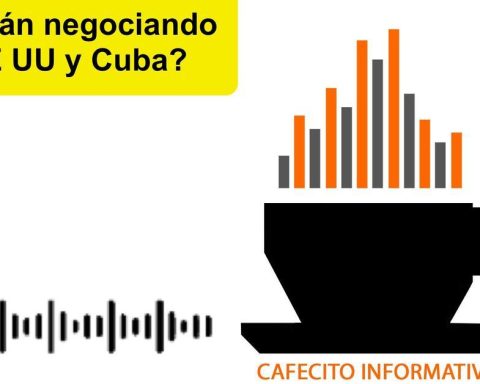National deputies headed by the legislator of the Frente de Todos (FdT) for La Rioja, Gabriela Pedrali, presented this Friday in the Lower House the draft of a federal law to promote the industry and audiovisual production from an approach where “federalism and equity” are “pillars of representation and distribution of resources”.
“This bill is the product of the articulation of many efforts and joint work that we have been carrying out for more than two years, especially in the National Audiovisual Space (EAN)”, expressed Pedrali in statements to Télam.
In this sense, the Rioja legislator stressed that it implies “the opportunity to have a true national audiovisual industry that can transcend the world because today the market is not only movie theaters, but the world on a platform”.
He also pointed out that the project has the objective of promoting “a national audiovisual industry” and for this He proposes “a federal and equitable management body, an increase in the development fund and a screen quota that defends cultural identity.”
On this last point, the deputy pointed out that the screen share It will have “mandatory nature of national productions for all platforms and varieties that are created from now on.”
“It is an opportunity to update ourselves with new technologies and use the most sensitive aspects of this project that proposes a federal and democratizing distribution of resourceswith a gender equality that society is demanding today,” explained the legislator for the province of La Rioja through a statement to which Télam had access.
As reported, the bill seeks to give response “to the dilemmas of a technological paradigm that raises new forms of communication and global marketing”, which “are not contemplated” in the Film Law 17,741currently in force.
The document highlighted that the proposal constitutes “a defense and a boost to Argentine audiovisual production, addresses federalism and equity as pillars of representation and distribution of resources.”
Pedrali was accompanied at the project presentation by the deputies Mónica Litza and Margarita Stolbizer, from the Province of Buenos Aires; Graciela Parola, from Formosa; Carolina Moises, Jorge Rizzotti and Gustavo Bouhid, from Jujuy; Silvana Ginocchio, from Catamarca; Juan Manuel Pedrini, from Chaco, and Pamela Calletti, from Salta.
Other deputies, who support the project, They are: Sergio Casas and Ricardo Herrera, from La Rioja; Carolina Gaillard, from Entre Ríos; Anahi Costa, from Catamarca; Ana Caliva and Lucas Godoy, from Salta; María Luisa Montoto, from Santiago del Estero; Nely Daldovo, from Formosa; Fabiola Aubone, from San Juan; Liliana Paponet, from Mendoza, and Natalia Souto, from the Province of Buenos Aires.
What does the project propose?
Deputies highlighted the “federal criteria” of the project, which proposes the creation of the Federal Council of Cinema and Audiovisual Arts (CoFeCAA)“an interjurisdictional body, for consultation, agreement and planning, to ensure the unity and federal articulation of the national audiovisual policy”.
It also incorporates the formation of a management body directory made up of suitable professionals in the audiovisual area and delegates from cultural areas throughout the country, to ensure a federal context, and with equitable participation.
For this reason 25% of the funds for the production, distribution and exhibition of national audiovisual productions are allocated exclusively to projects generated by the provinces.
On the transformation of the industry, it is based on the conception of national audiovisual production and establishes as a substantial aspect the increase in the National Fund for the Promotion of Cinema and Visual Arts.
“The idea is that the VAT levy that is already generated by the commercialization on the platforms is divided 11% for the treasury and 10% for the Fund”They reported through the statement.
With respect to equity, the Development Fund provides for the creation of specific resources for audiovisual productions by female directors and diversities.
